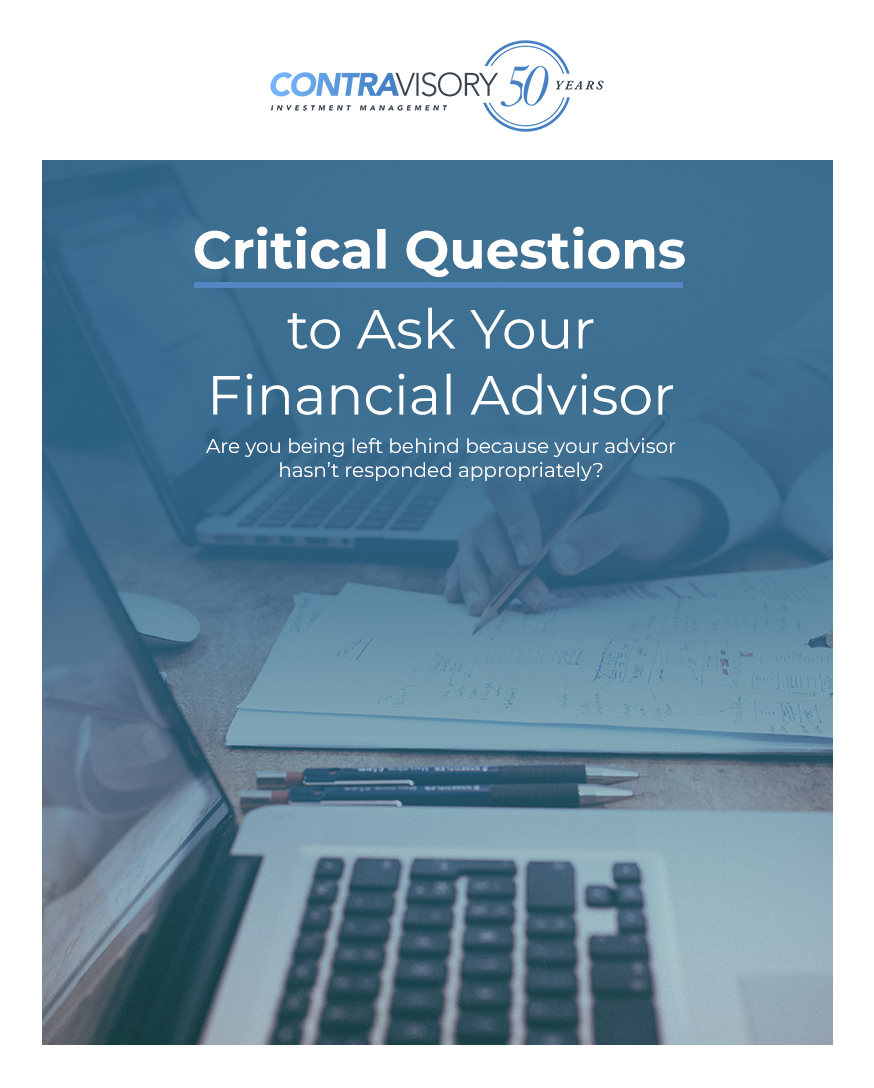
The investment world offers a choice between two different investment approaches. However, one has to be aware of what the choices are. Each has a time when it is the appropriate style. The first is a “top down” process based on macro events. It is the process virtually every professional money manager uses. The second is micro. Micro --- as the word suggests --- is based on company specifics. It works best in a period of rising interest rates … something that hasn’t happened for 35 years.
Macro investing is based on forecasting what’s expected to occur in the economy and the world. It is not only the most common investment process but also the most difficult. Most forecasters are wrong more than they are right. Large companies growing rapidly cannot maintain their growth pace forever. Large companies grow incrementally … and only if the economy is doing well.
Building a business that never existed before requires a different skill set than that of a professional manager. There is a critical difference between an entrepreneurial team and a Harvard Business School graduate. The former are often college dropouts such as Bill Gates, Paul Allen and Steve Ballmer of Microsoft. Invariably, they form a team or at least have a partnership such as Steve Jobs and Steve Wozniak of Apple Computer. A Harvard Business School student is taught by case study. It’s how he/she should manage an existing business.
The MBA is trained with casebook studies and learns to manage a large business and its employees. Ultimately, he receives a Masters in Business ADMINISTRATION. It is a different competency than that required of an entrepreneur. It’s similar to the difference between a novelist and a screenwriter. A novelist deals with internal conflict. A screenwriter deals with external conflict. One might think they are similar, but they are different skills. Just ask Stephen King. He’s never written a screenplay.
As I have written before, I believe we are on the cusp of a market environment similar to the 1965-1982 experience. As you may recall, it was a time of increasing interest rates. During that period the Dow Jones Average went nowhere for 17 years. But, it didn’t mean investors couldn’t make money. In fact, it was a tremendous opportunity to MAKE money! But not in the mature, heavily influenced macro world of large capitalization stocks. John Bogle’s Index Fund, started in 1975, would go nowhere for its first seven years. Today 48% of profits in the S&P 500 (by definition large companies) come from overseas. That’s a totally different experience than an entrepreneur starting a business where he lives.
In the brokerage business there is a saying, “The job of a broker is to make money from the customer not for the customer.” It could be said the difference between a professional corporate manager and an entrepreneur is somewhat similar. As a broad generalization, the professional MBA-trained manager makes money from a company; the entrepreneur absolutely has to make money for the company. It’s his life; his sense of identity. Which manager would you rather have following a global debt collapse?
-Francis Patrick Boland
Request Your Free Guide
Ensure your advisor is responding properly to changing market conditions.



